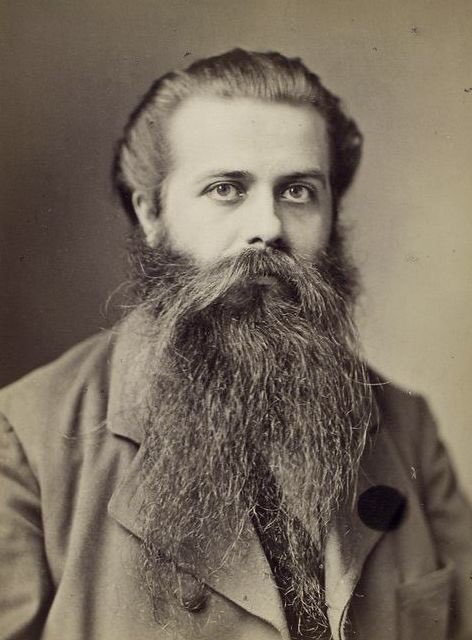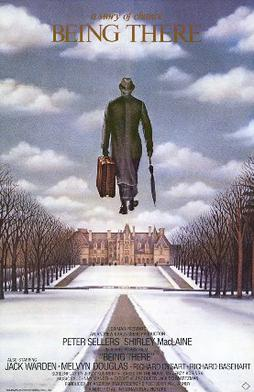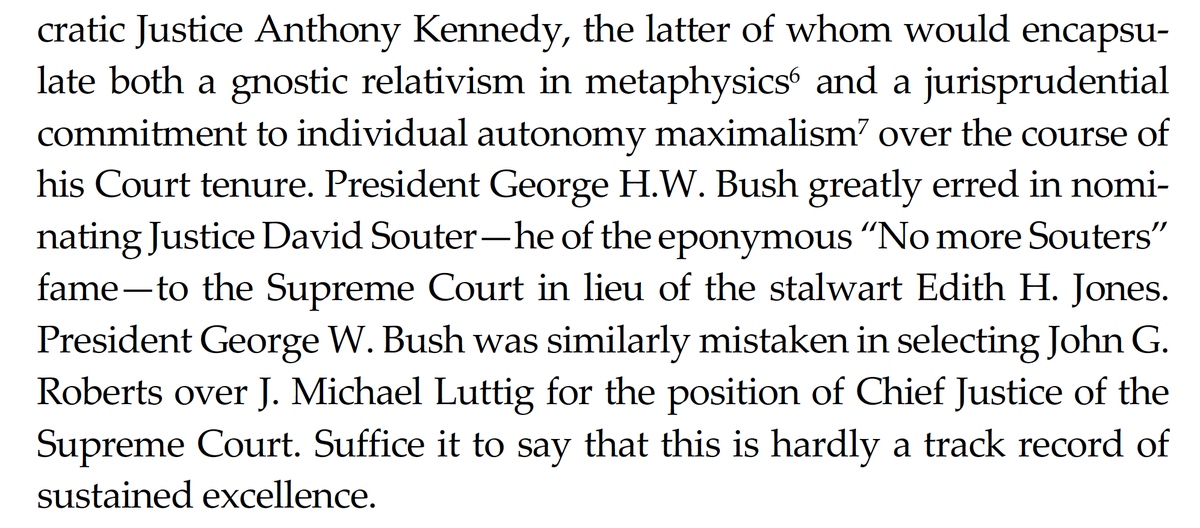
Eduard von Hartmann is the craziest right-wing reactionary ever. His book was a huge bestseller, setting off decades of back-and-forth polemics. He was basically selling trickle-down nihilism. Say what you will, it’s an ethos. 







I forgot to give the source. The passages are from Beiser: "Weltschmerz: Pessimism in German Philosophy, 1860-1900". books.google.com.sg/books/about/We…
I am struck by the similarities between German Kulturkampf and US Kulturkampf. The 19th Century, in German culture, is bookended by 'Streits' - the Pantheismusstreit and the Pessimismusstreit. They have, seemingly, a unsuitably abstract, metaphysicalized character.
Is Spinoza an existential threat to civilization? Should we all try to get together to deny the Will, thereby negating the mistake of existence? But they capture the popular imagination of the educated classes. They pull all the intellectuals and literary scribblers in.
To me it seems obvious the explanation for the popular fascination of the 'Streits' is the same as today. Why is everyone in a lather about CRT? Or the 1619 Project? It's sublimated cultural identity politics energy, a proxy fight about who 'we' are. Beiser is skeptical. 

But his rebuttal seems to me weak. He suggests, if that were the case, we would expect a clearer, stabler partisan line-up between the 'social' and the 'metaphysical' levels.
But that's not what one would expect. These debates open up exciting mental battlefields on which thinkers/writers can vent/express emotional responses/allegiances that correspond to what they think/feel strongly about social/identity issues.
It is perfectly possible, then, to have table-turning reversals on those mental battlefields, with, say, 'Spinoza' or 'nihilism' or 'pessimism' standing for different things.
Think about how odd it is that the anti-CRT folks are trying to wrap themselves, piously, in the shroud of MLK and anti-racism. But it isn't so odd. It's classic rhetoric of reaction.
Something similar happens in German philosophy. In the first go-round, 'Spinoza' and 'pantheism' and 'nihilism' are processed as external threats by the conservatives, to a first approximation.
Then, the second time round, we get a conservative defense of the status quo that basically IS a modified Spinozist-pantheist-nihilist position.
German conservative cultural forces start by trying to tar the other side with Spinoza, and end by trying to steal the other side's Spinozist thunder. Ironic, but perfectly understandable, qua Kulturkampf dynamic.
• • •
Missing some Tweet in this thread? You can try to
force a refresh









